 |
 |
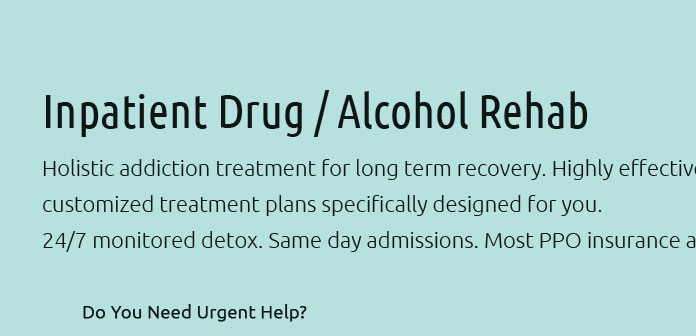 |
 |
 |
 |
||
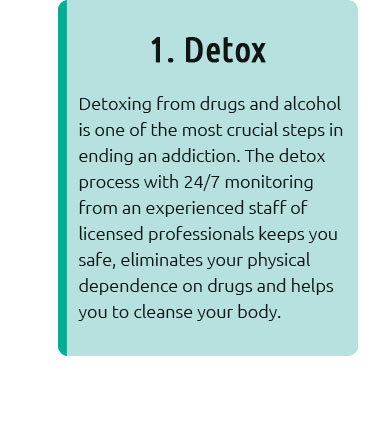 |
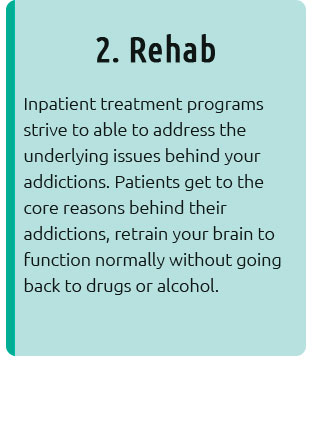 |
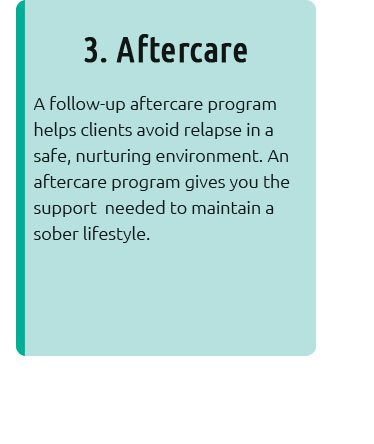 |
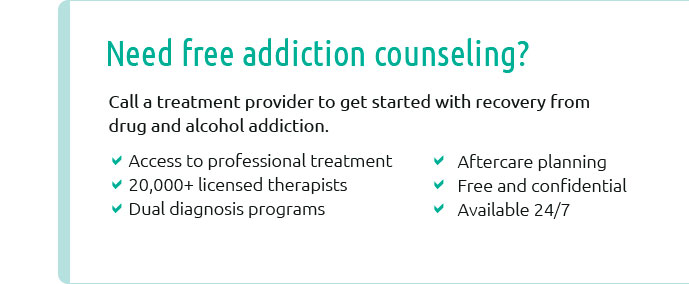 |
 |
 |
 |
||
 |
||
 |
||
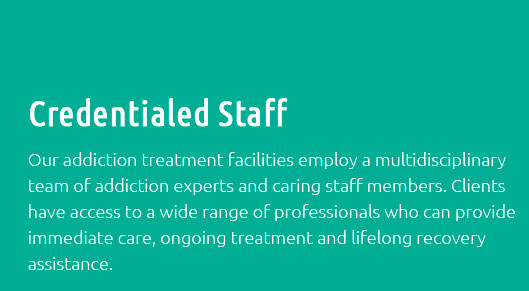 |
 |
 |
|
 |
|
Exploring Alcoholics Rehab Centers Near You: Insights and ConsiderationsWhen the time comes to seek help for alcohol addiction, finding a suitable rehabilitation center nearby can significantly enhance the recovery journey, offering both convenience and the comfort of proximity to familiar surroundings. Alcohol rehab centers provide a structured environment where individuals can begin their path to sobriety, supported by professional guidance and peer encouragement. The landscape of rehab facilities is diverse, with each center offering unique approaches to treatment, often blending traditional methods with innovative therapies. Understanding the Variety of Treatments Available is crucial for anyone considering rehab. Many centers adopt a holistic approach, integrating medical detoxification with behavioral therapies, such as Cognitive Behavioral Therapy (CBT) and motivational interviewing, which are designed to address the root causes of addiction and equip individuals with coping strategies. Equally important is the role of group therapy sessions, where sharing experiences and learning from others' journeys can foster a sense of community and belonging.
In conclusion, finding the right alcoholics rehab center near you involves careful consideration of various factors, including treatment options, cost, location, and support systems. Each individual's journey to recovery is unique, and selecting a facility that aligns with personal needs and values can make a significant difference in achieving long-term sobriety. As you explore your options, remember that seeking help is a courageous first step towards a healthier, more fulfilling life free from addiction. https://www.hollandpathways.com/
Men and women can find their path out of addiction at our 64-bed addiction treatment campus, located in the heart of Wichita, Kansas. https://startyourrecovery.org/treatment/rehab-centers/kansas/wichita
15 free treatment programs. 6 inpatient drug & alcohol rehab centers. 28 outpatient. 8 detox centers in Wichita. 5 luxury residential. https://recovery.org/drug-alcohol-rehab/wichita-ks/
Wichita alcohol and drug inpatient rehabs near me. Find out more about outpatient, detox centers, addiction treatment programs and insurance coverage in ...
|